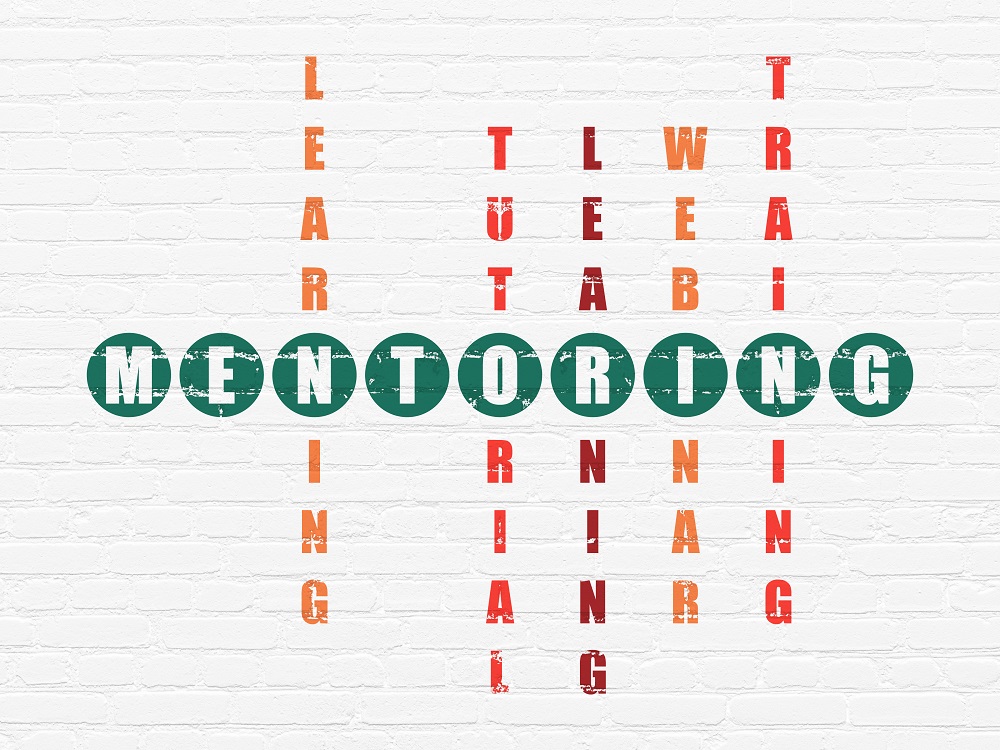Time to Ditch the Fear of Failure
Time to ditch the fear of failure
Everyone views failures differently – what might be a triumph for one could be a major disappointment for another. You may have experienced this in school while your classmates shielded their results from one another, knowing that everyone’s standards are slightly different. Failure has a lot of negative connotations but perhaps surprisingly, it can be taken positively too.
There are many, many sufferers of atychiphobia – the fear of failure – but we can safely bet that, if you’ve embarked on your business journey, you are not one of these people. Those who are scared of failure often don’t even try at all, in case failure rears its head.
Realistically, failure is rife in the business world. Running from it may mean that you miss out on a lot of opportunities for your business to grow. It’s also not healthy to run head first into every opportunity recklessly, without considering the implications. As with everything, approaching failure is an art and requires a great deal of balance.
You will fail…..get used to it.
It’s undeniable! Growing a business comes with its own unique set of risks, meaning that failure is definitely on the cards.
In 1955, two men created a type of putty which was intended to be wallpaper cleaner. They seriously misjudged the demand and ended up with a product that seemed to be a huge failure. By chance and a few convenient connections, the product ended up on the table at a nursery school where it was an instant hit. The children loved it and found it a much better material to use when they were moulding their imaginations into something physical. The product became a huge success, so much so that there isn’t anyone alive who doesn’t know the name Play-Doh and associate the brand with happy memories.
Failure doesn’t always directly lead to a major success as it did in the case of Play-Doh and you can’t always physically use your failures. You can, however, always use the things you learn from your failure.
What doesn’t kill you……
We’re sure you’ve heard every failure cliché under the sun. We all know that failure is supposed to make those successes even sweeter. We know that what doesn’t kill us makes us stronger and we know that failure is just another word for experience. The most frustrating thing about these clichés? They’re all true, to some extent. So, how do we start taking them seriously?
The best thing you can do for your business is to take failure as it comes and not get knocked down and permanently defeated. There’s no need to glorify failure – we all know that failing is disappointing and demoralising – but there is a need to treat it like the lesson that it is. Dusting yourself off from failure means that you’re giving yourself another chance to get it right, maybe not next time, or the time after that but at some point down the track. It takes time to look at failure as a positive, but your business will thank you for it.
There is no denying that failure is scary, but using the failure to grow your business is a true art. If you’re ready to master the art, we would love to hear from you. Call Bx on 1300 068 229, or find out more about what we do here http://www.businessforlife.com.au/ProgramFindOutMore









